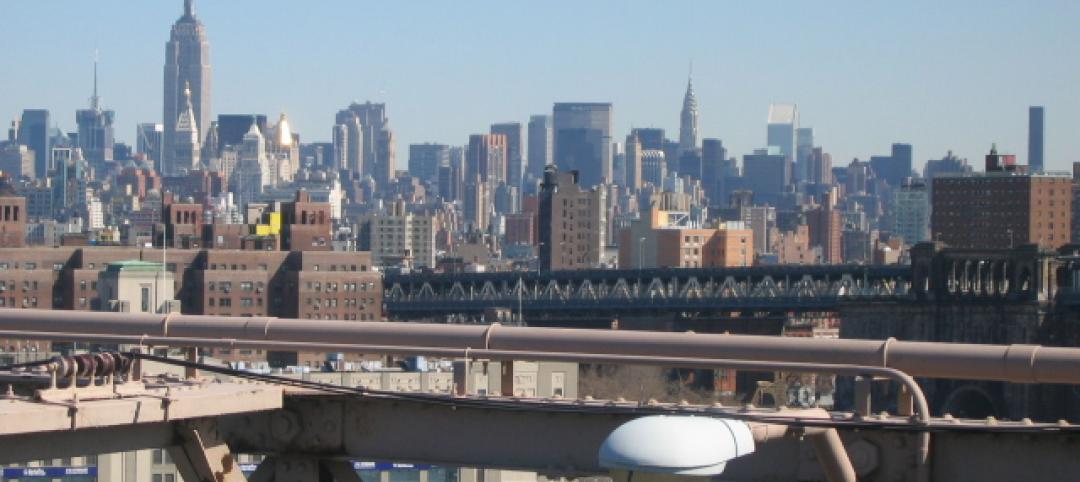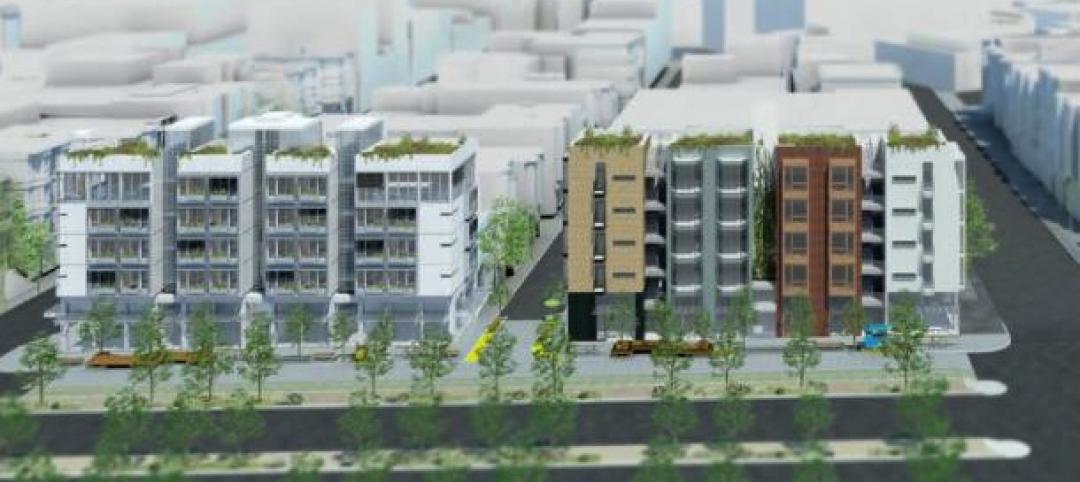The City of Cambridge, Mass., recently mandated that all non-residential buildings—including existing structures—larger than 100,000 sf meet a net-zero emissions requirement by 2035.
In a news release, Cambridge says it is “the first known city in the country” to enact a 2035 deadline for net zero. Mid-size buildings, defined as 100,000 sf or smaller, will have to reach net zero by 2050.
Buildings covered under the new law can continue to burn fossil fuels on site if owners purchase verified carbon credits, but only until 2050, and only to offset limited amounts of emissions. Building owners must eventually use renewable energy, either by investing in solar panels or purchasing a contract for renewable energy.
Cambridge has 314 buildings facing the 2035 net-zero deadline. “The City is committed to supporting Cambridge property owners with robust technical assistance and connections to incentives and moving forward together with this challenging yet absolutely critical work,” the news release says.
Cambridge will use a separate process to develop regulations to reduce greenhouse gas emissions in residential buildings.
Related Stories
| Sep 18, 2014
GBCI to administer PEER certification for power grids and building projects
The Green Building Certification Institute (GBCI) will administer certification for the Performance Excellence in Electricity Renewal (PEER) program.
| Sep 18, 2014
Master Painter Institute approves 55 new paint products
The Master Painter Institute has issued approvals for 55 new paint products.
| Sep 18, 2014
OSHA announces new requirements for reporting deaths and severe injuries
The U.S. Department of Labor's Occupational Safety and Health Administration announced a final rule requiring employers to notify OSHA when an employee is killed on the job or suffers a work-related hospitalization, amputation, or loss of an eye.
| Sep 18, 2014
Eugene, Ore., passes ordinance to achieve steep energy consumption reductions
The Eugene, Ore., City Council recently passed an ordinance aimed at steeply reducing energy consumption and greenhouse gas emissions.
| Sep 10, 2014
Nine out of 10 New York City building plans fail energy code test
Earlier this year, New York City's Department of Buildings began auditing thousands of architectural plans for new and renovated office and residential buildings.
| Sep 10, 2014
AIA, CSI, and NIBS publish updated national CAD standard, includes new BIM module
The NCS helps architects, constructors and operators coordinate efforts by classifying electronic design data consistently and making information retrieval easier, the industry groups say.
| Sep 10, 2014
Perry named new director of OSHA’s Standards and Guidance Directorate
Bill Perry has been named new director of the OSHA’s Directorate of Standards and Guidance, effective Aug. 24, 2014.
| Sep 10, 2014
ASHRAE proposes verification for energy standard
The ASHRAE/IES energy standard would have multiple compliance options to ensure verification of delivered building envelope performance under a new proposal.
| Sep 2, 2014
Micro-apartment concept can’t get traction in Boston suburb
Micro-apartments are gaining acceptance in nearby Boston and in places such as San Francisco and New York, but Weymouth, Mass., officials and neighbors were not receptive to a proposal for tiny dwellings this summer.
| Sep 2, 2014
Montreal borough leader urges city to issue green roof guidelines
The mayor of Montreal's Saint-Laurent borough wants Quebec's housing authority to speed up its plan to publish construction guidelines for green roofs.









